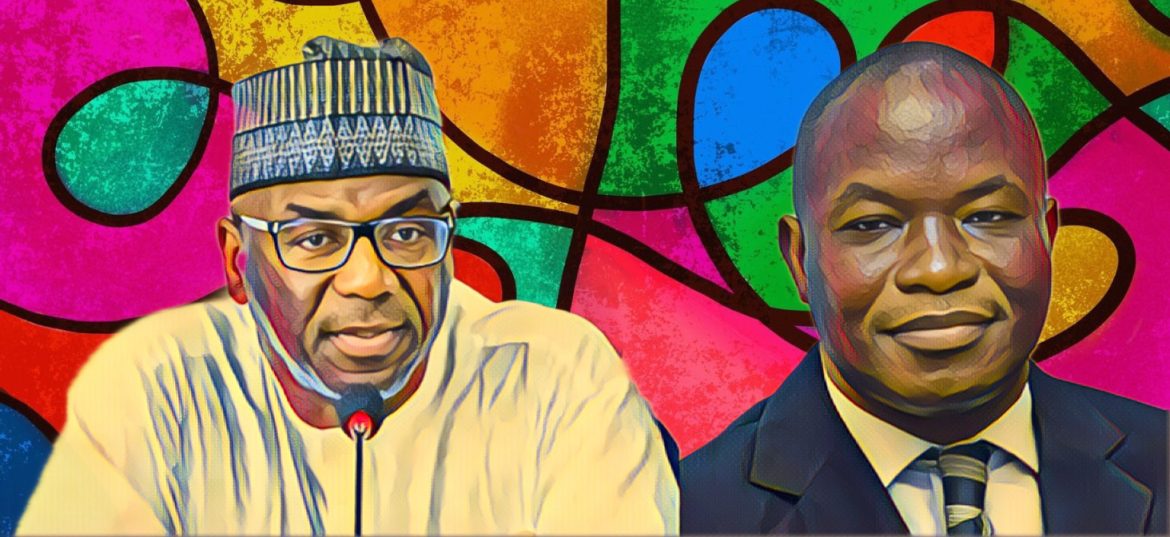Organized labour groups has confronted state governors across Nigeria, expressing deep dissatisfaction with the governors’ response to the proposed N60,000 minimum wage. This comes in the wake of a statement by the Nigeria Governors Forum (NGF), which called the proposed wage unsustainable and warned that it might force states to divert all federal allocation funds away from development projects to cover salaries.
Labor leaders are insisting that governors who find themselves unable to meet the new wage requirements should step down from their positions. The contentious debate reached a new height following a press release issued by Halimah Ahmed, the NGF’s Director of Media and Public Affairs. In it, the NGF argued that implementing the proposed N60,000 minimum wage would financially cripple the states, making it impossible to fund any development projects.
However, Tommy Etim, Deputy National President of the Trade Union Congress, countered this view in a conversation with the Sunday PUNCH. Etim argued that governance is not solely about infrastructure but also about ensuring the welfare of the populace. “If you build the entire infrastructure and the people are not living to use it, who will use it?” he questioned, pointing out the irony in governors campaigning on one platform and then changing their stance once elected. He stressed that if the campaign funds had been invested in development and revenue generation, some socio-economic challenges could have been mitigated.
Etim’s comments highlight a growing frustration among labor representatives with what they perceive as a pattern of mismanagement and misplaced priorities by state governors. He described the stance of the NGF as potentially leading to industrial unrest, emphasizing the discrepancy between the wealth showcased by some governors and the poverty experienced by their constituents.
Supporting the labor’s position, Benson Upah, Head of Public Affairs for the Nigerian Labour Congress, criticized the governors for what he described as acting in bad faith. He stated, “It is unprecedented for such a statement to be issued in the middle of an ongoing negotiation. It is certainly in bad taste.” Upah pointed to the substantial increase in Federal Account Allocation Committee (FAAC) allocations—from N700 billion to N1.2 trillion—as evidence that states have the necessary resources to implement the wage without sacrificing governance.
Labor unions argue that the solution to the wage crisis lies in reducing the high cost of governance and minimizing corruption. By prioritizing worker welfare and cutting unnecessary expenditures, they believe that not only is the proposed N60,000 minimum wage feasible, but it could also foster a more economically stable environment.
“The debate over the minimum wage in Nigeria goes beyond just finances; it’s about whether the country’s leaders are willing to prioritize the needs of their most vulnerable citizens over large infrastructure projects. As the discussion continues, labor unions are getting ready to meet and discuss potential strategies and actions. They have shown a willingness to give President Bola Ahmed Tinubu the benefit of the doubt, hoping that the results will justify their current position and lead to a more fair distribution of the nation’s wealth.”


